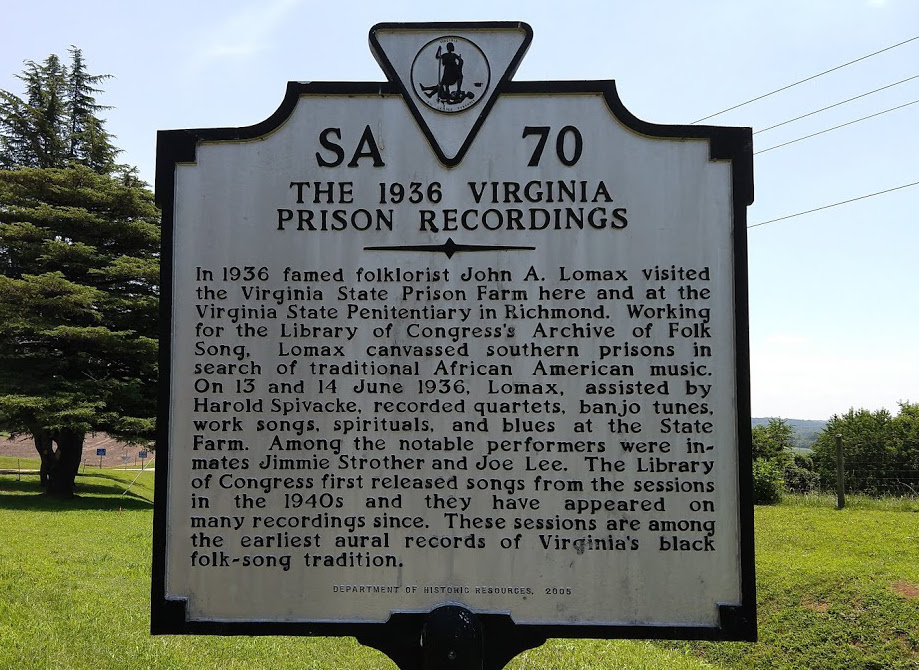|
Do Lord Remember Me
"Do Lord Remember Me" (also known as "Do Lord" or "Oh Do Lord, Oh Do Lord"), Roud 11971, is a 19th-century African-American Spiritual. Recordings Notable recordings include: * Jimmie Strothers * Mississippi John Hurt John Smith Hurt (March 8, 1893 – November 2, 1966), better known as Mississippi John Hurt, was an American country blues singer and guitarist. Raised in Avalon, Mississippi, Hurt taught himself to play the guitar around the age of nine. He w ... * Johnny Cash African-American spiritual songs 19th-century songs Songwriter unknown Year of song unknown {{Folk-song-stub ... [...More Info...] [...Related Items...] OR: [Wikipedia] [Google] [Baidu] |
Roud Folk Song Index
The Roud Folk Song Index is a database of around 250,000 references to nearly 25,000 songs collected from oral tradition in the English language from all over the world. It is compiled by Steve Roud (born 1949), a former librarian in the London Borough of Croydon. Roud's Index is a combination of the Broadside Index (printed sources before 1900) and a "field-recording index" compiled by Roud. It subsumes all the previous printed sources known to Francis James Child (the Child Ballads) and includes recordings from 1900 to 1975. Until early 2006, the index was available by a CD subscription; now it can be found online on the Vaughan Williams Memorial Library website, maintained by the English Folk Dance and Song Society (EFDSS). A partial list is also available at List of folk songs by Roud number. Purpose of index The primary function of the Roud Folk Song Index is as a research aid correlating versions of traditional English-language folk song lyrics independently documented ove ... [...More Info...] [...Related Items...] OR: [Wikipedia] [Google] [Baidu] |
Spiritual (music)
Spirituals (also known as Negro spirituals, African American spirituals, Black spirituals, or spiritual music) is a genre of Christian music that is associated with Black Americans, which merged sub-Saharan African cultural heritage with the experiences of being held in bondage in slavery, at first during the transatlantic slave trade and for centuries afterwards, through the domestic slave trade. Spirituals encompass the "sing songs," work songs, and plantation songs that evolved into the blues and gospel songs in church. In the nineteenth century, the word "spirituals" referred to all these subcategories of folk songs. While they were often rooted in biblical stories, they also described the extreme hardships endured by African Americans who were enslaved from the 17th century until the 1860s, the emancipation altering mainly the nature (but not continuation) of slavery for many. Many new derivative music genres emerged from the spirituals songcraft. Prior to the end of the US ... [...More Info...] [...Related Items...] OR: [Wikipedia] [Google] [Baidu] |
Jimmie Strothers
James Lee Strother (March 1883 – died after 1942?), was an American folk musician active in the 1930s and 1940s. He was born in Madison, Virginia. He performed in medicine shows, and, after being blinded in a mine explosion, made a living as a musician, singing and playing guitar and banjo. In 1910, he lived in Baltimore, Maryland, and in 1918 was in Culpeper, Virginia. Alan Lomax recorded several performances by Strothers through his documentation of American music for the Library of Congress The Library of Congress (LOC) is the research library that officially serves the United States Congress and is the ''de facto'' national library of the United States. It is the oldest federal cultural institution in the country. The library .... Strothers made his recordings of thirteen songs in June 1936, while imprisoned at the Virginia State Farm for killing his wife, Blanche Green. He was released from prison in 1939. In 1942, he is thought to have been living in ... [...More Info...] [...Related Items...] OR: [Wikipedia] [Google] [Baidu] |


